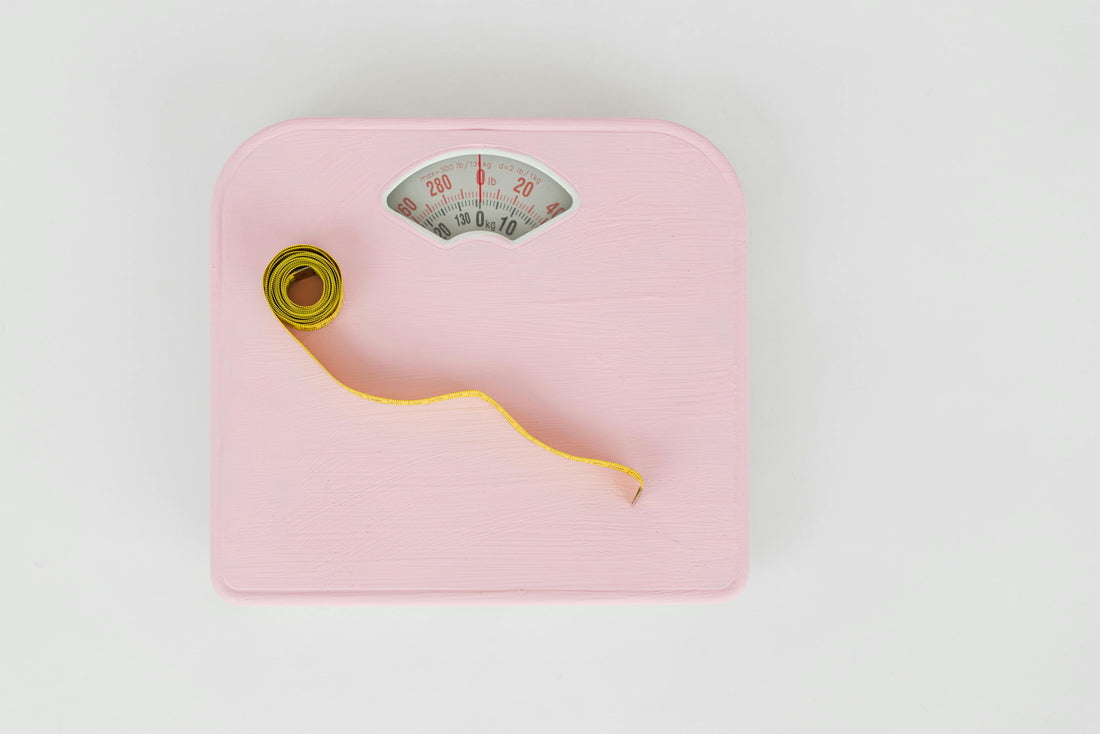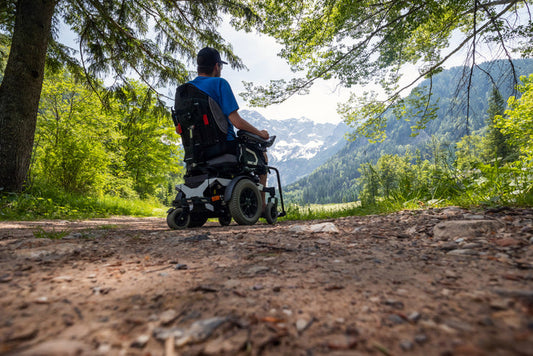
Can Constipation Cause Weight Gain? Separating Fact from Myth
Constipation is uncomfortable—that much is clear. But can it actually lead to weight gain? It's a common question, especially when you might feel bloated, heavy, or see the scale tick upward. In this post, we'll explore the link between constipation and weight gain, what the science says, and how to find relief if you're struggling with slow or difficult bowel movements.
Understanding Constipation and Its Symptoms
Clinically, constipation is defined as having fewer than three bowel movements per week, often paired with hard stools, straining, or a sensation of incomplete evacuation [1]. It can result from low fiber intake, dehydration, medication side effects, or disruptions in the gut-brain communication common in neurogenic bowel disorders [2].
Can Constipation Really Cause Weight Gain?
Short answer: Not directly. Constipation doesn’t cause the body to store more fat or alter metabolism. But it can temporarily increase the number on the scale due to stool retention and water buildup in the colon. This can lead to feelings of heaviness or abdominal distension—what many perceive as weight gain.
One clinical review noted that in individuals with chronic constipation, abdominal bloating and distension were common and directly related to infrequent or incomplete bowel movements [3]. Another study in a hospital nursing setting reported that patients often described their constipation-related discomfort as “feeling full or swollen,” further contributing to the subjective experience of weight gain [4].
What About Bloating?
Bloating is one of the most common and frustrating symptoms of constipation. It may occur when stool and gas accumulate in the large intestine, stretching the gut wall and causing visible abdominal swelling. While not true weight gain, this bloating can make clothes feel tighter and increase body dissatisfaction.
What Can You Do for Quick Relief?
The good news is that there are multiple evidence-backed options to address constipation and reduce that bloated, heavy feeling:
1. Increase Fiber and Fluids
Most people don’t consume enough dietary fiber. Fiber increases stool bulk and water retention in the colon, which softens stools and promotes regularity. Aim for 25–38 grams of fiber per day alongside plenty of fluids [5].
2. Stay Physically Active
Exercise stimulates intestinal contractions, helping move stool through the colon more efficiently. Even walking has been shown to improve bowel function in some patients [5].
3. Try a Gentle Laxative Alternative
Some people benefit from over-the-counter solutions like stool-softening enemas, which deliver fast, localized action without harsh stimulation typically thought of with traditional enemas. Products like Enemeez® offer targeted relief in minutes by simply drawing water into the bowel, softening the stool, and thus triggering a bowel movement.
4. Consider Comfort Measures (with Caveats)
While heating pads are often mentioned in popular remedies, current clinical literature does not strongly support their use as a constipation treatment. That said, some people may find comfort in abdominal warmth, which could help ease tension [6].
The Bottom Line
Constipation doesn’t directly cause long-term weight gain, but it can make you feel bloated, heavy, and physically uncomfortable. Temporary increases on the scale are likely due to retained stool and fluid—not fat. With proper diet, activity, and fast-acting solutions like Enemeez®, you can relieve constipation quickly and start feeling lighter again.
Need Fast, Non-Irritating Relief?
Enemeez® mini-enemas are designed for quick, predictable relief without the harsh side effects of stimulant laxatives. Whether you're managing chronic constipation or need on-demand bowel care at home, Enemeez® helps restore comfort—fast. Shop now and get back to feeling like yourself.
Sources
- American Family Physician. “Chronic Constipation in Adults: Evaluation and Management.” https://www.aafp.org/pubs/afp/issues/2022/0900/chronic-constipation-adults.html
- Cleveland Clinic Journal of Medicine. “Chronic constipation: Current management and future directions.” https://www.ccjm.org/content/84/5/397
- The American Journal of Managed Care. “Update on the Management of Chronic Idiopathic Constipation.” https://www.ajmc.com/view/update-on-the-management-of-chronic-idiopathic-constipati
- BMC Nursing. “Effectiveness of constipation prevention methods among hospitalized patients.” https://bmcnurs.biomedcentral.com/articles/10.1186/s12912-020-0398-z
- Medscape. “Constipation Clinical Presentation.” https://emedicine.medscape.com/article/184704-overview
- Verywell Health. “Does a Heating Pad Help with Constipation?” https://www.verywellhealth.com/does-a-heating-pad-help-with-constipation-11738081



